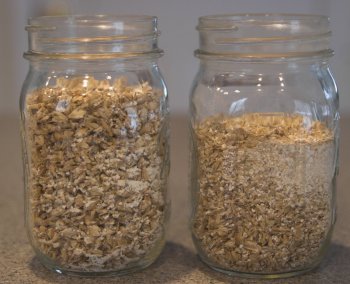I have my eyes on a cheap grain mill.
As opposed to the $70-$200 mills that you can buy from homebrew markets.
Anyway, is the cheap grain mill worth $20-$30, and is it the worth the hassle? Does anyone here love their cheap grain mill?
As opposed to the $70-$200 mills that you can buy from homebrew markets.
Anyway, is the cheap grain mill worth $20-$30, and is it the worth the hassle? Does anyone here love their cheap grain mill?




